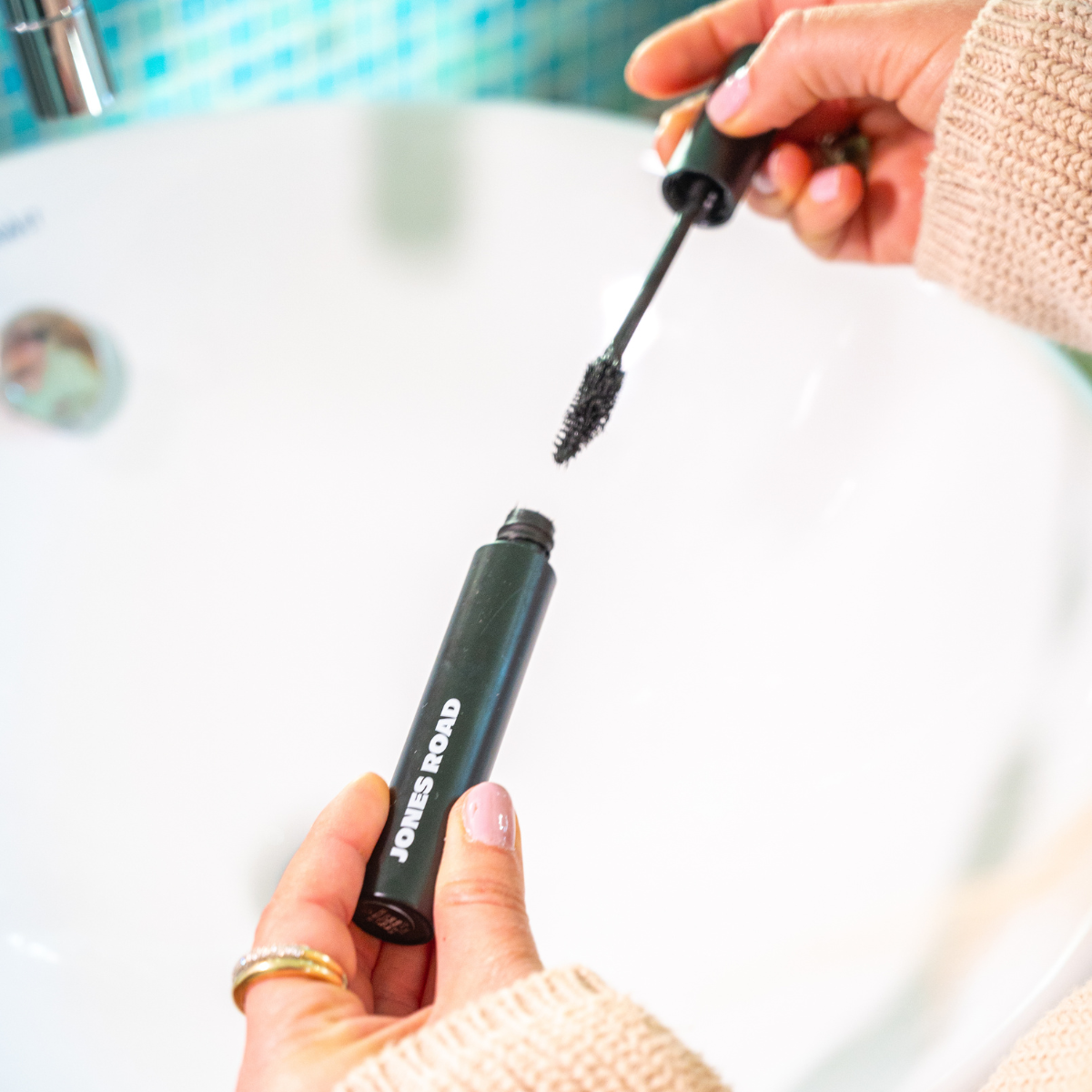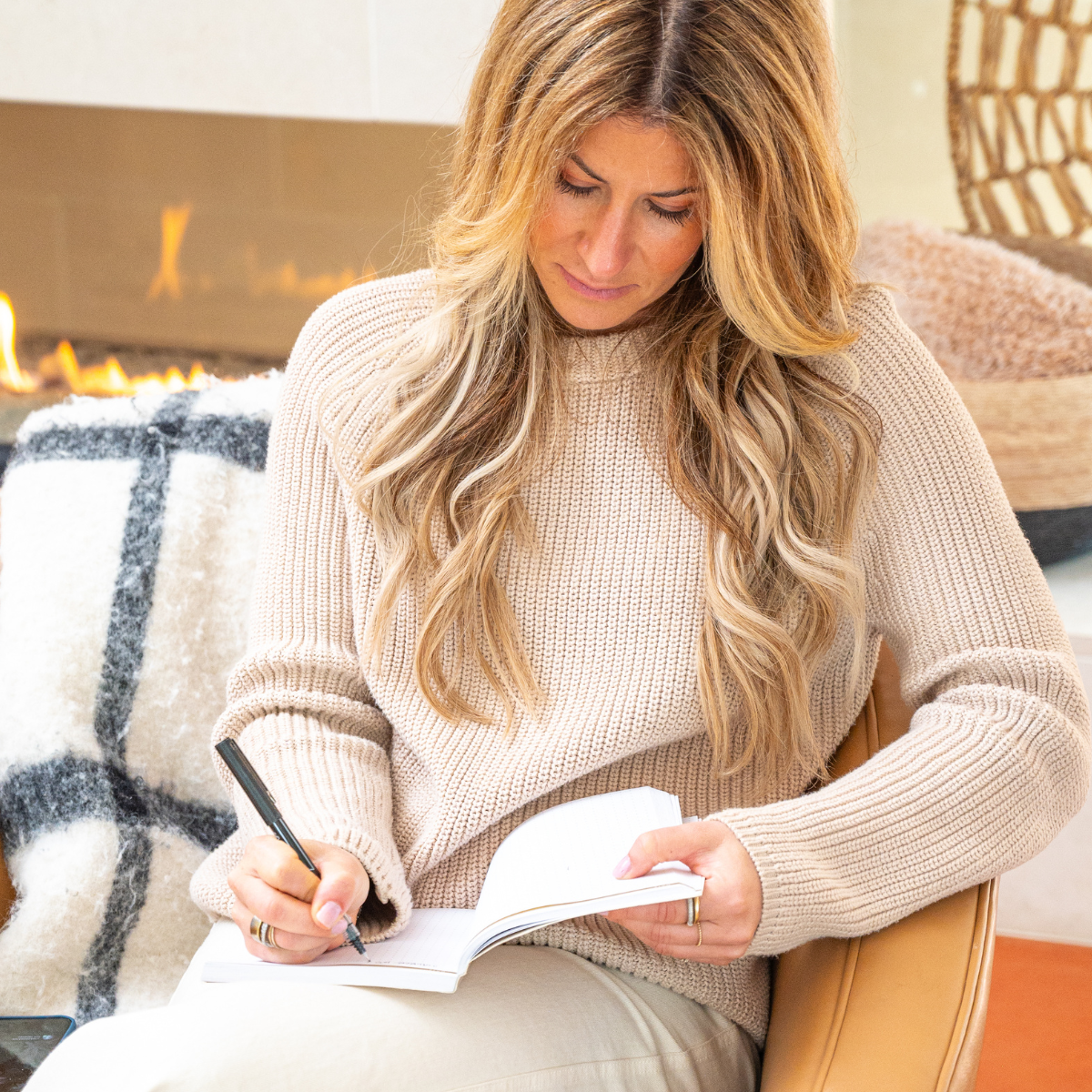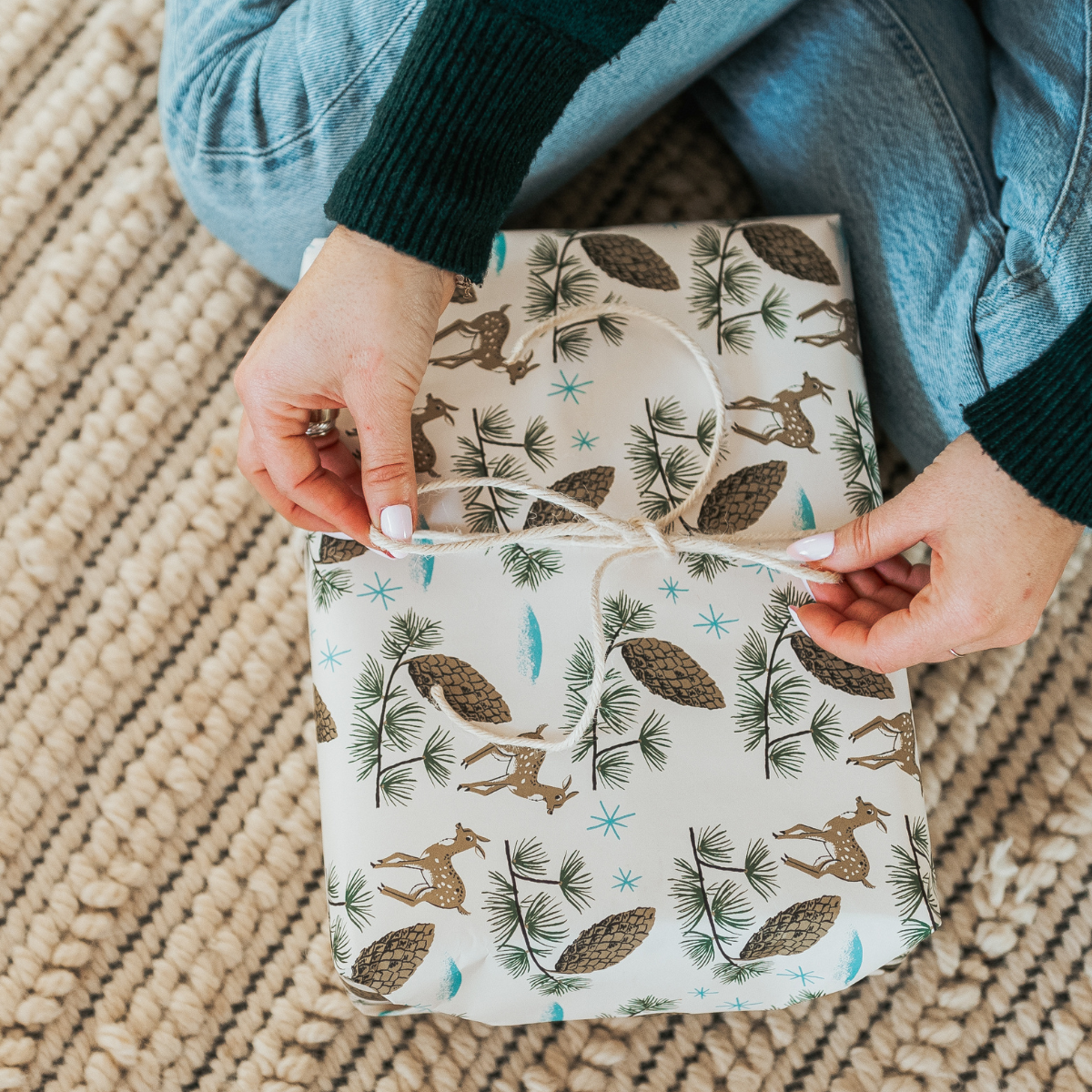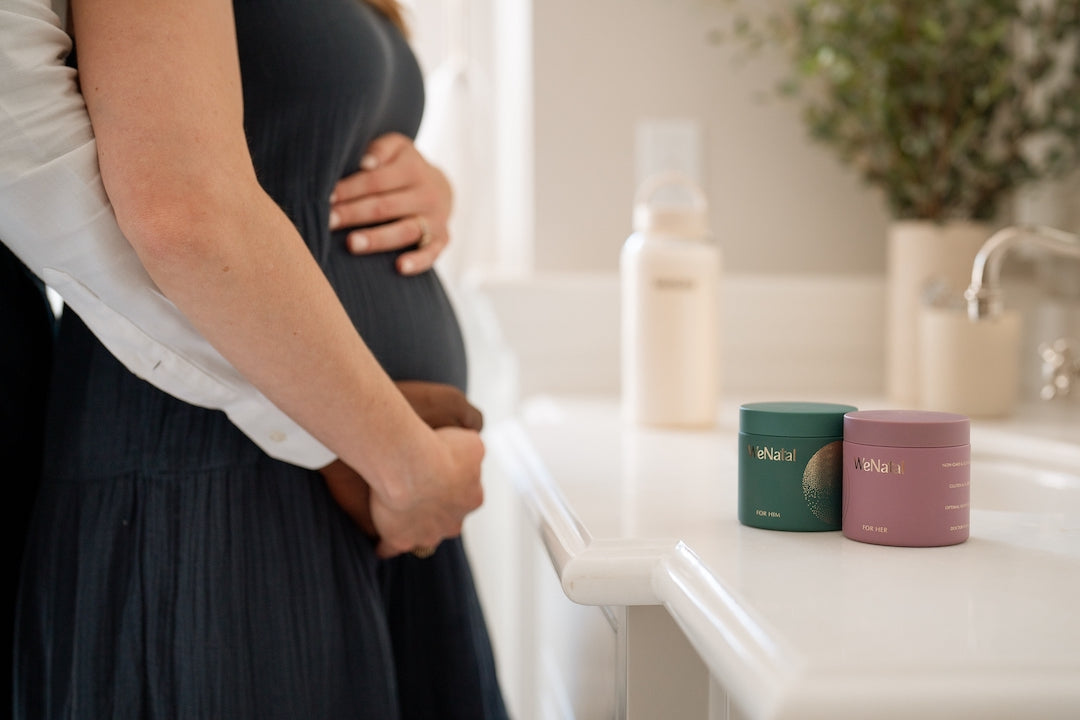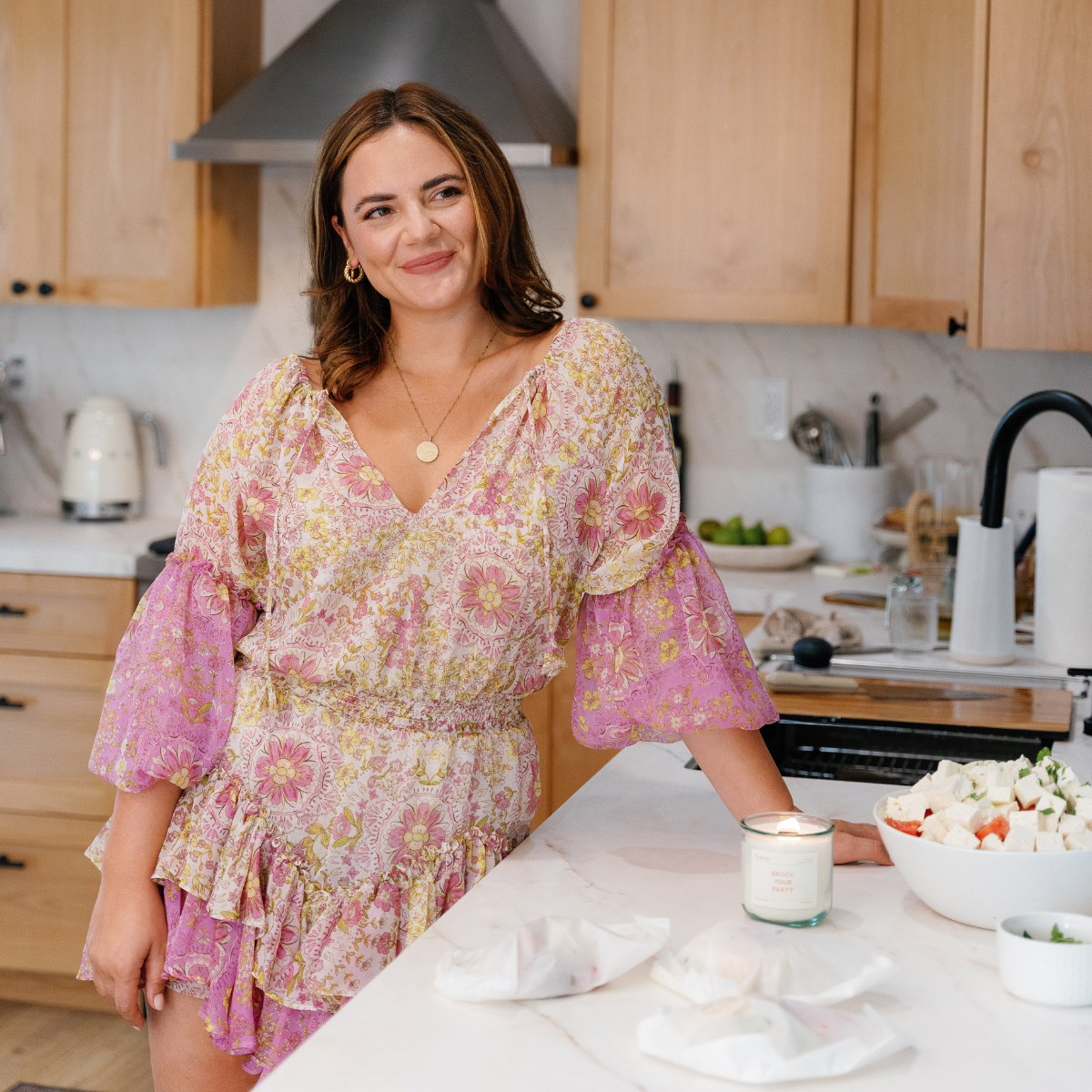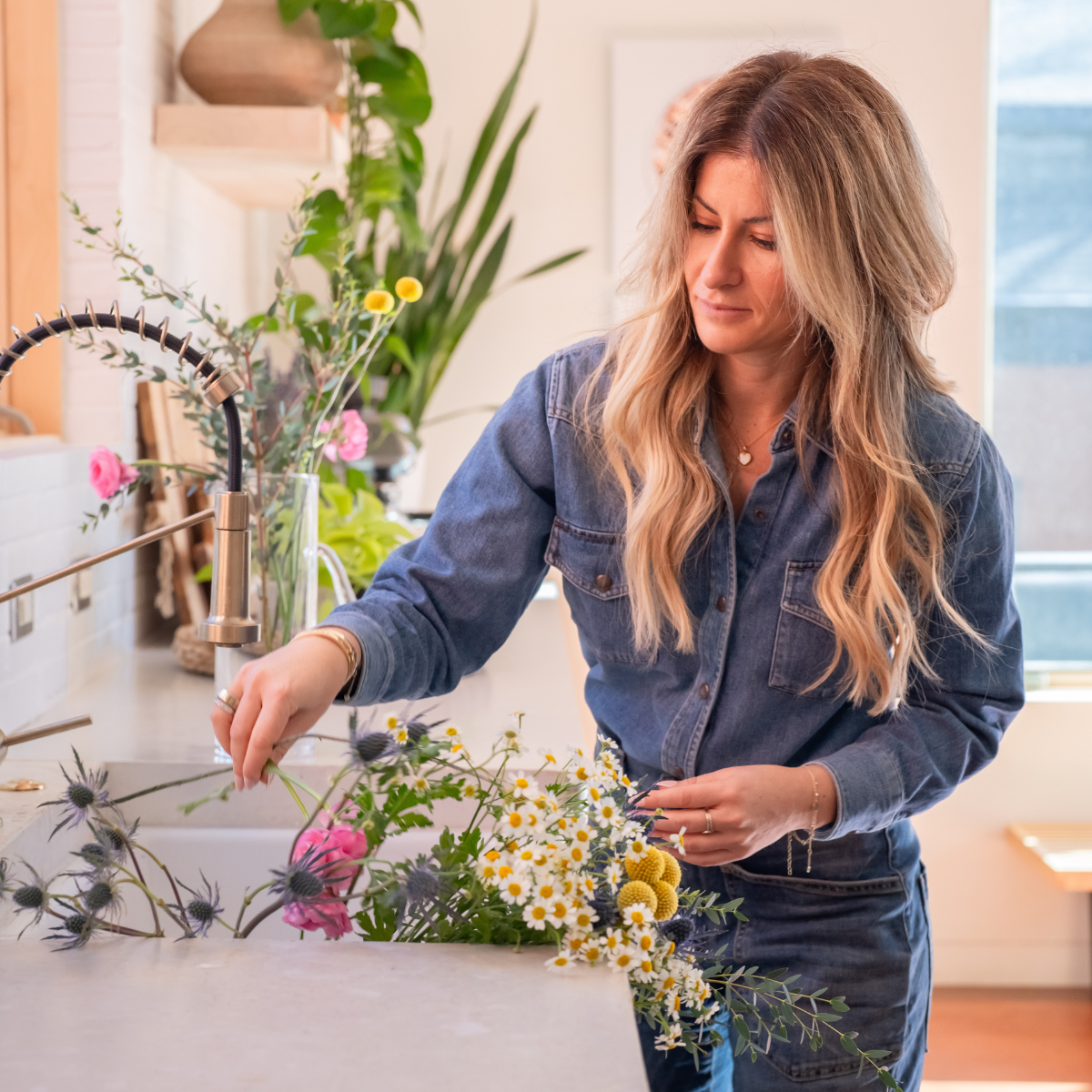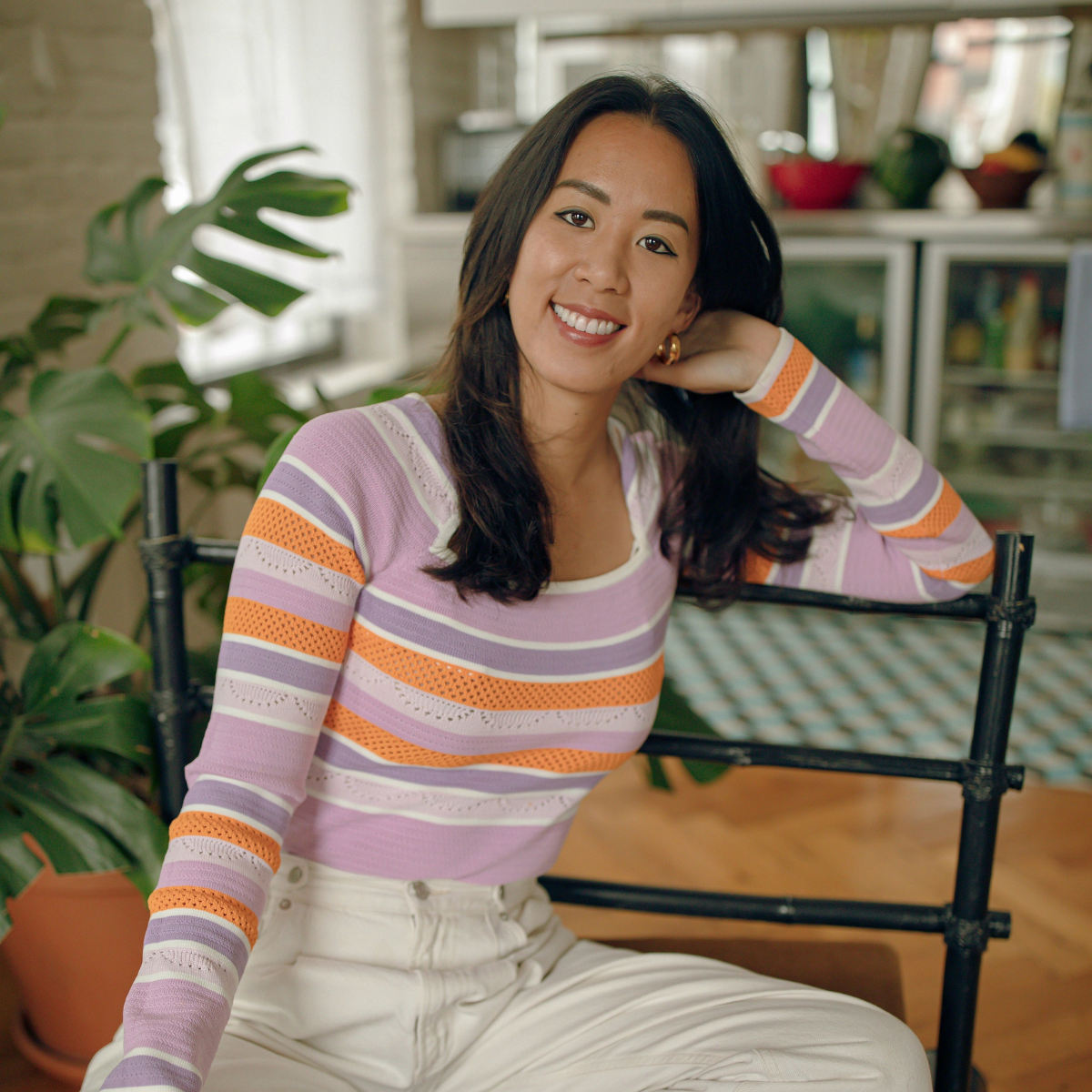Elizabeth is joined by the dynamic brother-sister duo, Mike and Angie Lee, founders of Soul CBD. Mike, a world-ranked professional boxer, has graced iconic arenas like Madison Square Garden and the MGM Grand, but his journey hasn't been without its challenges. Diagnosed with an autoimmune disease in 2014, Mike's career was on the line until he discovered the transformative power of CBD. Angie, a marketing maven and serial entrepreneur, brings her vivacious energy to the table as she shares her wellness journey alongside Mike. Together, they touch upon the importance of grit and risk-taking, along with the impact of stress on our health and CBD’s benefits for balancing our nervous system and maintaining a positive mood. Mike and Angie talk about the difference between CBD products and their Out of Office THC line, and why we need to remember to play and focus on joy in adulthood.
Discount Code: Use code Elizabeth30 at SoulCBD for 30% off.





